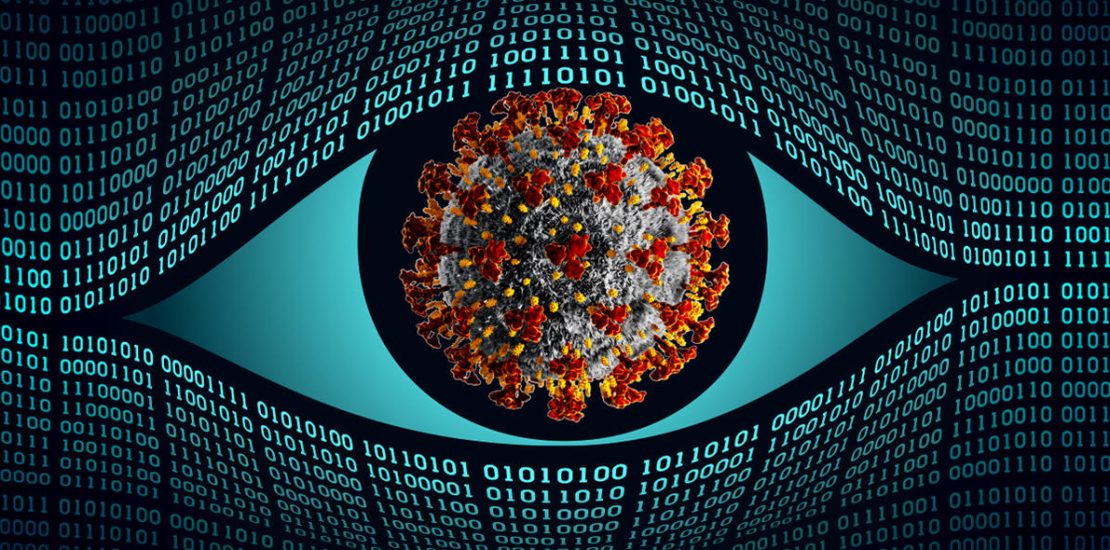Big Data And Confidentiality In COVID-19 Pandemic: Need To Know!
- July 5, 2020
- Posted by: admin
- Category: Big Data Analytics

When the COVID-19 pandemic came into full swing, government authorities started reaching out to all ends of the world with the hope of discovering tools to track the spread of the coronavirus. Although this indicates a level of using data that is an intrusion of privacy under normal circumstances, during the pandemic, tracking of location data became the only available option.
Though data has been used previously, but responsibly. Various human rights organizations have issued guidelines to follow while using confidential user data responsibly. However, legal gaps have surfaced in data privacy and this article will focus on it.
Are human rights getting compromised during data usage?
In times of the coronavirus pandemic, the aim to do anything to curb the spread of the virus increases the tendency to violate the data protection rights. Also, with the announcement of the pandemic, governments set on a spree of monitoring and controlling the public, to maximize the limit of free movement. However, the best thing is that national constitutions and human rights are formulated by keeping into consideration such an unprecedented crisis.
For instance, the European Convention on Human Rights (ECHR) has specified a few guidelines regarding derogations in situations like –
- During war or situations threatening the life of the people of the nation.
- If taking extremely crucial measures.
- Also if the measures are taken do not violate the obligations mentioned under international law.
In simpler words, the rights of data protection and security can be lawfully neglected during times of crisis. The regulations can be eased if a public emergency demands for it.
Data usage is not something unique; it has been practiced for decades by the corporate sector. Often data ownership by the corporate companies comes as a principal matter for the contract, and customers don’t have a choice in this case. But thanks to this, private organizations can now implement Big Data techniques to tackle the COVID-19 crisis. There are also some data protection frameworks like EU General Data Protection Regulation (GDPR) that look after and protect individual consent and individual rights.
Some humanitarian guidelines that can be mentioned in this regard
Due to the absence of proper legal guidance, it is better to turn to the recommendations or the best practices in the human rights field. In this regard, the Dutch Red Cross societies have collaborated with other Red Cross and Red Crescent societies to issue the ‘510 Data Responsibility Policy’ with principles surrounding –
- Data protection guidelines
- Data legitimacy
- Specifying the purpose of collecting the data
- Minimizing data collection
- Accuracy of the data collection
Another mention-worthy thing here is that data protection lies not only in the hands of individuals but also in vulnerable groups who often have to play their part in it.
While this discussion regarding data usage seems to be an ongoing matter, it cannot be denied that location tracking to control the pandemic is certainly useful. But genetic data might be more relevant for AI-empowered searches in this battle against COVID-19.
